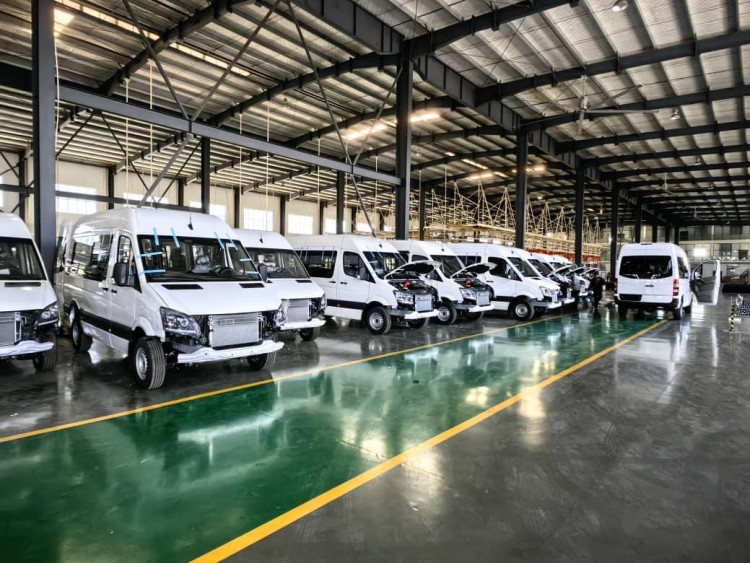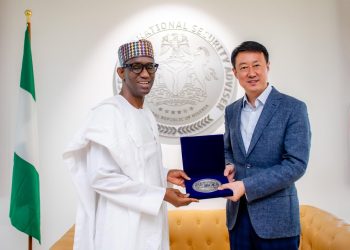In a bid to revolutionize the country’s transportation industry and promote a more sustainable energy future, the Federal Government is gearing up to unveil the first phase of the Compressed Natural Gas (CNG) powered buses and tricycles under the Presidential CNG Initiative before May 29.
The Special Adviser to the President on Information and Strategy, Bayo Onanuga, disclosed in a statement on Sunday that the initial phase will see the introduction of 200 buses and 2,500 tricycles powered by CNG, marking a significant step towards the implementation of the Presidential CNG Initiative.
The initiative, which was launched by President Bola Ahmed Tinubu in October 2023, aims to provide more affordable, safer, and environmentally friendly energy options, particularly for mass transit. This move comes on the heels of the removal of the fuel subsidy in May 2023 and is part of the government’s efforts to alleviate the impact of the increase in pump prices on the populace.
To support the initiative, the Federal Government allocated N100 billion from the N500 billion palliative budget to procure 5500 CNG vehicles, 100 electric buses, and over 20,000 CNG conversion kits. Additionally, measures have been put in place to facilitate the development of CNG refilling stations and electric charging stations, laying the groundwork for a comprehensive transition to alternative energy sources.
The committee spearheading the initiative, led by oil and gas expert Michael Oluwagbemi, has been diligently working to fulfil President Tinubu’s vision and promises. Notably, the committee has secured necessary tax and duty waivers and has forged partnerships with the private sector, which has committed over $50 million in investments for refuelling stations, conversion centres, and mother stations.
Furthermore, stringent safety regulations have been established to ensure the reliable and secure conversion of vehicles to CNG, with the development and approval of a comprehensive safety policy document encompassing 80 standards and regulations.
The impending deployment of CNG buses and tricycles signifies a pivotal shift in the country’s transportation landscape, with the gradual phasing out of more expensive diesel and petrol-based vehicles in favour of natural gas propulsion. This transition aligns with global efforts to mitigate air pollution and reduce greenhouse gas emissions, in line with Nigeria’s commitments under the Paris Climate Accord.
In a bid to bolster local production and create employment opportunities, several companies, including JET, Mikano, Mojo, and Brilliant EV, are involved in the assembly of CNG buses and electric vehicles. Plans are underway to assemble thousands of tricycles, with the arrival of Semi Knocked Down (SKD) parts from a Chinese company imminent.
The private sector’s active involvement in offering refilling services and serving as conversion centres, along with the commitment of companies such as NIPCO, BOVAS, and MRS, underscores the collaborative effort to ensure the success of the initiative.
Looking ahead, the initiative aims to establish 100 conversion workshops and 60 refuelling sites across 18 states by the end of the year, with the support of various stakeholders including the Road Transport Employers’ Association of Nigeria (RTEAN), National Association of Road Transport Owners (NARTO), National Union of Road Transport Workers (NURTW), and players in the downstream sector of the transportation chain.













































